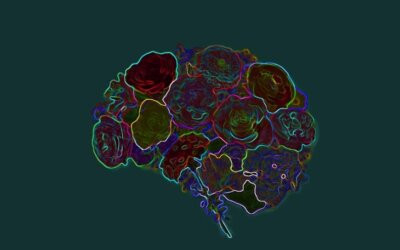The short answer is, no, you do not need a diagnosis to identify as neurodivergent. If you’ve done all the quizzes, read all the tweets, watched the YouTube videos, and bought the t-shirt, then welcome to the club!
By the time most adults go through the formal assessment process, if they choose that route, they are highly likely to get a positive diagnosis, because they have seen the signs for many, many years.
A formal diagnosis is necessary to access most resources and accommodations. But if you don’t feel the need to put yourself through that process, then don’t. If you want to explore questions you have about neurodivergence for yourself or a loved one, and you don’t have a diagnosis, you’ve come to the right place.
Read more articles on this site or contact us so we can help you connect the dots.
This article explains and dispels the Myths and Misunderstandings about AD(H)D
- Myth # 1: AD(H)D is Not a Real Disorder
- Myth # 2: AD(H)D is a Disorder of Childhood
- Myth # 3: AD(H)D is Over-Diagnosed
- Myth # 4: Children with AD(H)D are Over-medicated
- Myth # 5: Poor Parenting Causes AD(H)D
- Myth # 6: Minority Children are Over-Diagnosed with AD(H)D and are Over-Medicated
- Myth # 7: Girls Have Lower Rates and Less Severe AD(H)D than Boys
Connecting
The Dots
Do I need a diagnosis to identify as neurodivergent?
No, most adults who identify as neurodivergent do not have a formal diagnosis. Without a formal diagnosis, you will not be able to access resources and accommodations. But you can still join the club.
Self-diagnosis:
You’ve already bought the t-shirt
You’re not sure and want to explore some more



